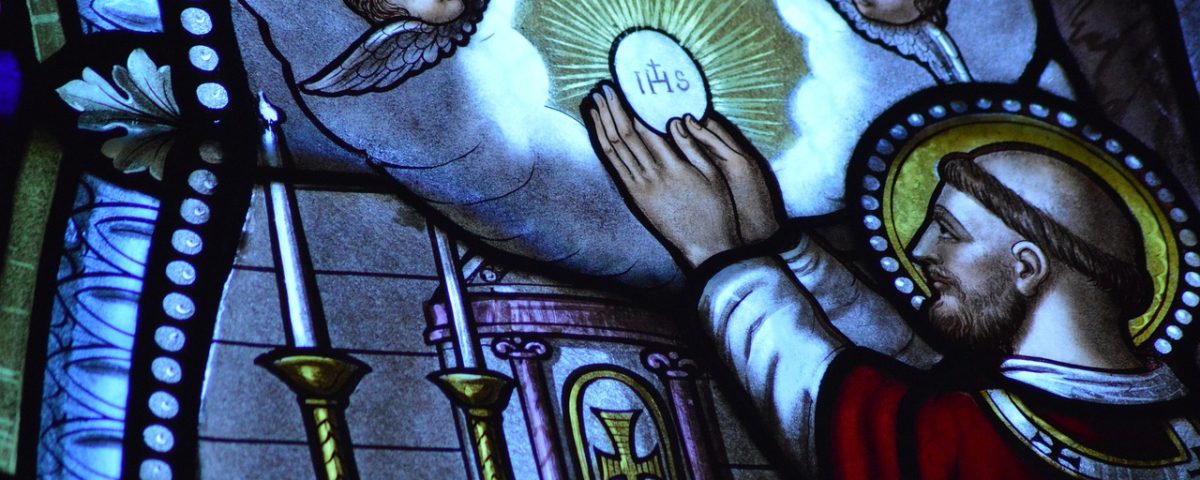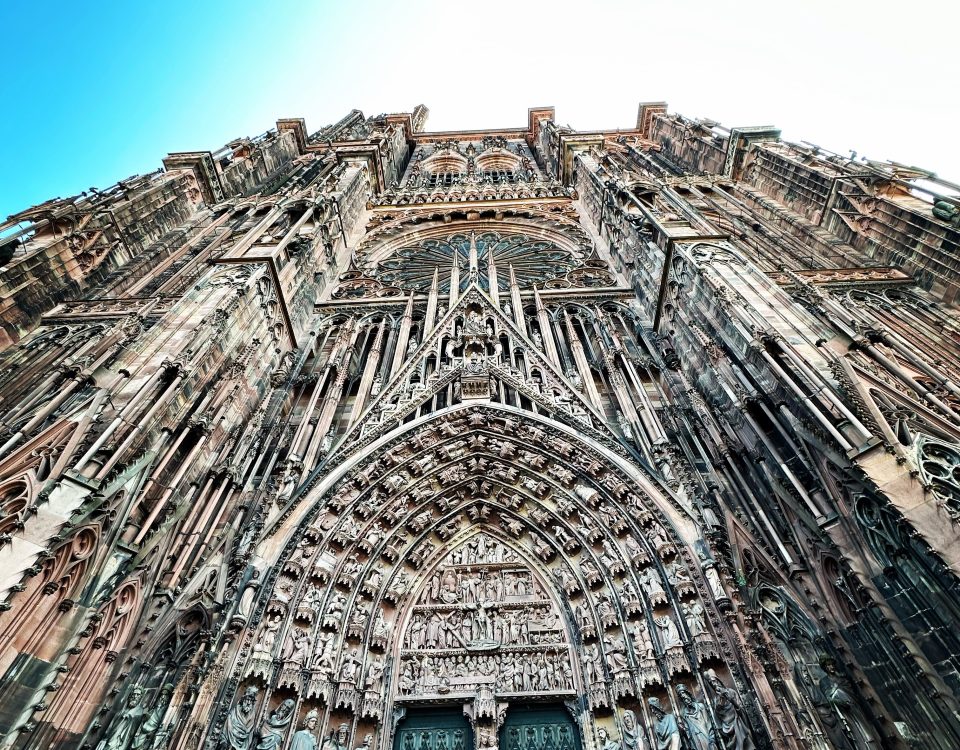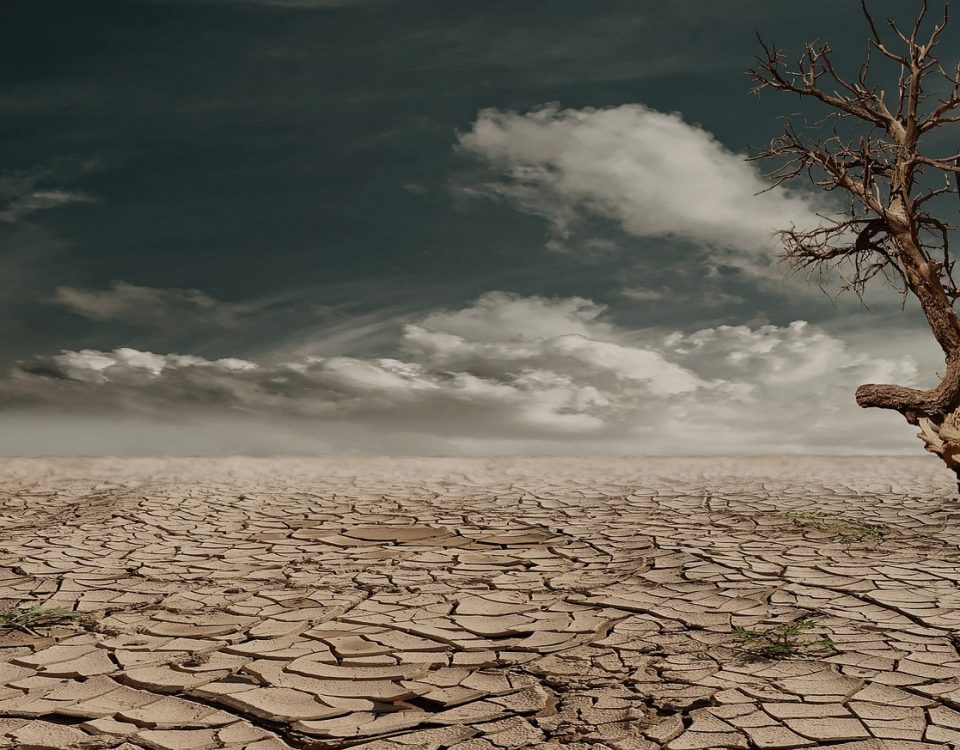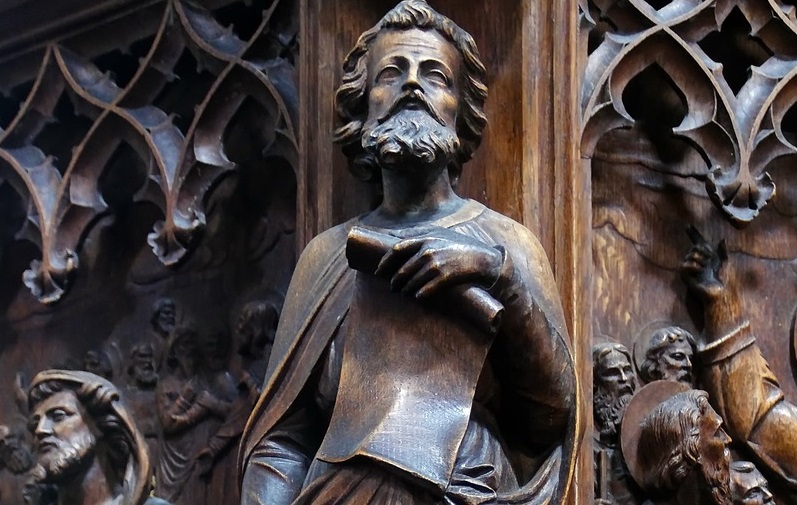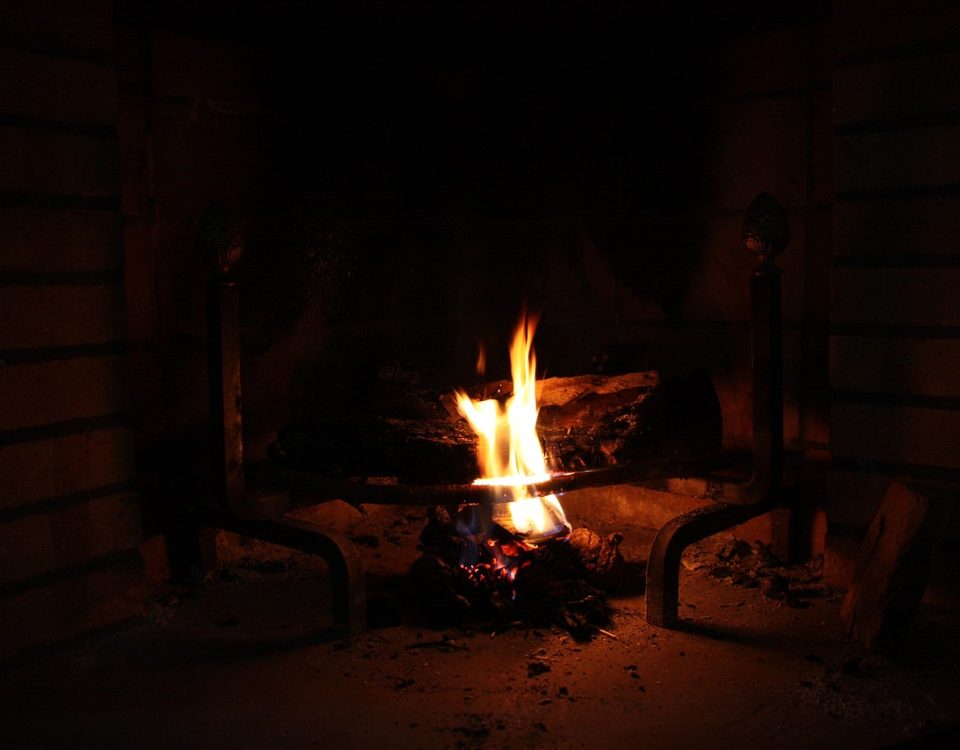He’s one of my new favorite saints.
I seem drawn to the odd ones, and this one was certainly odd. I have said before how I long for the return of odd saints; for their oddness, I believe, will renew the Church. Anyway, I’ve come across another odd one I want to tell you about. This one was named St. Maximos the Hutburner. He was what the tradition calls a “holy fool.”
You can imagine why he was thought to be a holy fool, what with the epithet “Hutburner.” He began life in the fourteenth century as a monk; he spent time, among other places, on Mount Athos, at the Great Lavra there, until he eventually felt the urge to become a hermit, to move away from other people, to live truly alone. I don’t think Maximos was much of a people person; he just wanted to be by himself with God, apart by himself. But he was holy—a little anti-social though he was—and so people just wouldn’t leave him alone; which is where the hut-burning comes in.
Maximos would build a tiny hut for himself out of a few sticks and some grass; that’s all he needed and wanted for shelter. He would always dig a grave next to his hut too, and every morning he’d sing funeral hymns so as to contemplate his own death (remember he was a holy fool). But people kept showing up wanting a holy word or a blessing or just to be near this strange, holy man. And so, Maximos would burn down his hut; he’d set it ablaze, frustrated, and wander off deeper into the wilderness hoping no one would follow. But they followed, and then he’d have to burn down another hut, then another, then another. Poor Maximos just couldn’t get away no matter how many huts he burned down.
But then he had an encounter with another saint, famous in his time: St. Gregory of Sinai. And Gregory told the Hutburner simply to stop it—to stop burning huts and stop avoiding people, for it is better when spiritual wisdom is shared. And for some reason Maximos took that word to heart; I don’t know why. But he stopped burning huts, stopped wandering around. He found a spot just outside the monastery he had left. He still had a hermit’s heart, but now he welcomed people; he welcomed community. The people would share a meal with him; he became a godly light of friendship, this beautiful, holy fool; all once he stopped burning his huts and wandering all around.[1]
Now I share this new favorite saint of mine with you, one, simply because I like talking about the weird and the wild and the holy that used to inhabit our Church before we tamed the Church. But also, because he teaches a lesson quite applicable to me and to you and to us—about what we’re doing as Christians in the parish, about what Christians do in community. Which, of course, is a miracle given to us as a gift this night, in the Mass of the Lord’s Supper.
Please follow me. It’s beautiful what we’ve been trying here at St. Rita, however imperfectly. It’s beautiful the community we’re trying to rebuild and build and keep alive and make thrive. It is very simple what we’re doing: we’re simply trying to gather ourselves into a community of friends and believers, lovers of God and neighbor. It’s not rocket science. We’re trying to gather to worship the one true God, to worship the Father in Christ by the power of the Holy Spirit; that’s what we do every day and Sunday by Sunday. Which makes us sisters and brothers—by the faith of it and the sacraments of it—which gives us the impulse to live a common life as much as we possibly can. Which means—again, very simply—that we spend time together, we become friends with one another, help each other, welcome each other.
Which is what we do in all we do in this parish. This altar, this table, is surrounded by every table in this parish: your kitchen table at home, the tables we set up on Wednesday nights, the tables of Bible studies and book studies and women’s ministry and men’s ministry, the tables we stack an obscene amount of pizza on for our youth, the table you set your coffee on when you check on that friend, when you give your time simply to listen to someone who needs to be heard. You see what I’m saying? You see how beautiful that is? That’s what our dear, strange friend, Maximos the Hutburner, learned: that to dwell in that sort of unity is a gift from God, a true miracle.[2] And it’s an invitation to each of us to stop burning our huts and running away, to find community, to find a parish, to find friends. Because again, that’s simply a beautiful thing God has given us.
And really, all I want to say are two things about this. First is that this gift of community just may be the medicine we need for the loneliness we suffer. I wrote about this for the Dallas Morning News a few weeks back; many have written about it, from the Surgeon General to sociologists and psychologists and journalists: we are a lonely society. From our isolating screens to pandemics and fear, we have become lonely people. And we may think we should burn our huts and run farther away from others, but that’s not the way. Gathering as the family of God is the way. Again, it’s not rocket science; it’s very simple. And this really is behind everything we do in this parish. This is the good we serve.
But it’s also a good that becomes holy, sacred, which is also—believe it or not—the beginning of heaven. Which is why I’m talking about all this tonight, on Holy Thursday, because what we are and what we do began on this night—in the Upper Room, the disciples gathered with the Lord, a simple community, a new family together around a table in a dark and frightening world. Just as the Hebrews gathered in their humble homes in Egypt, together with their meal and the blood across the door, so Jesus gives us the same liberating gift. And Jesus himself is the lamb, the food and the blood.[3] And here we see how the Church, this parish of St. Rita in her daily gatherings and in her play and her friendships is not just some club or organization (although some sadly see it as only that) but a community that is the threshold of heaven, the beginning of it, a community wherein God is present. Which is the only true fix for our loneliness, our fear, our earth—God in Jesus Christ offered and given on this altar, the same offering again and again; and again, for you and me. Which again is what’s so beautiful: how and how much God loves us in the Eucharist and how it reminds us how much we’re meant to love each other and the grace it gives us to love each other. I hope you see it. I hope you see how wonderful it is that we are here together, for it is what God is doing in a still-frightening world.
But, of course, it will be hard sometimes—our gathering as Church, as parish. For the world is dark; the betrayer is at work. We will follow the Lord at the end of this Mass into the garden where he sweat blood. Tomorrow he’ll be crucified. If you’re not busy, you’ll sing with us “Were you There?”. But it’ll be okay; the world will not destroy you; the darkness will not conquer you. Because you know where this table is, this altar. And you know what gift is given to us tonight, how beautiful it is, and what it means. “I have conquered the world,” Jesus said on this night.[4] And we are conquerors too—as John saw in Revelation—having conquered by the “blood of the Lamb.”[5] Blood shed tomorrow but given in mystery tonight—all to become his family in Christ, the people of God, you and me and us. Amen.
[1] Alice-Mary Talbot, Varieties of Monastic Experience in Byzantium, 800-1453, 109-111, 125
[2] Psalm 133:1
[3] Joseph Ratzinger (Benedict XVI), Behold the Pierced One, 103-104
[4] John 16:33
[5] Revelation 12:11
© 2024 Rev. Joshua J. Whitfield
